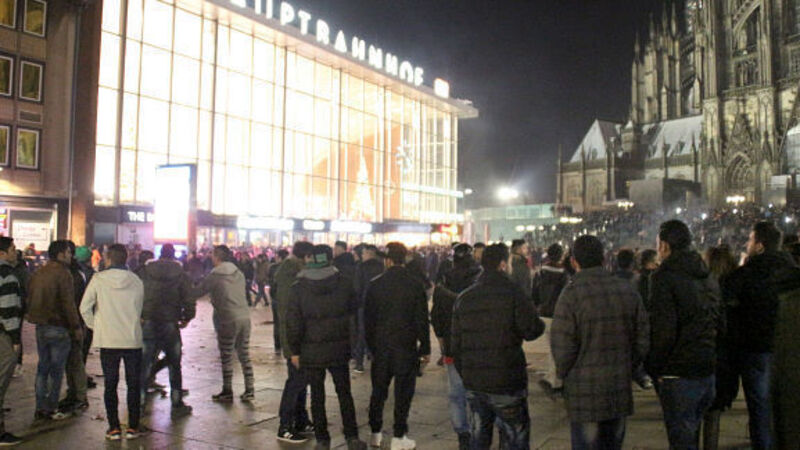Germany to ease rules for deporting foreign criminals after Cologne attacks

The German government plans to ease the rules for deporting foreign criminals after the New Year’s Eve assaults in Cologne.
Two senior ministers said the planned reform of laws on deportation and sexual offences will lower the legal hurdles to expel foreigners who commit serious crimes.














